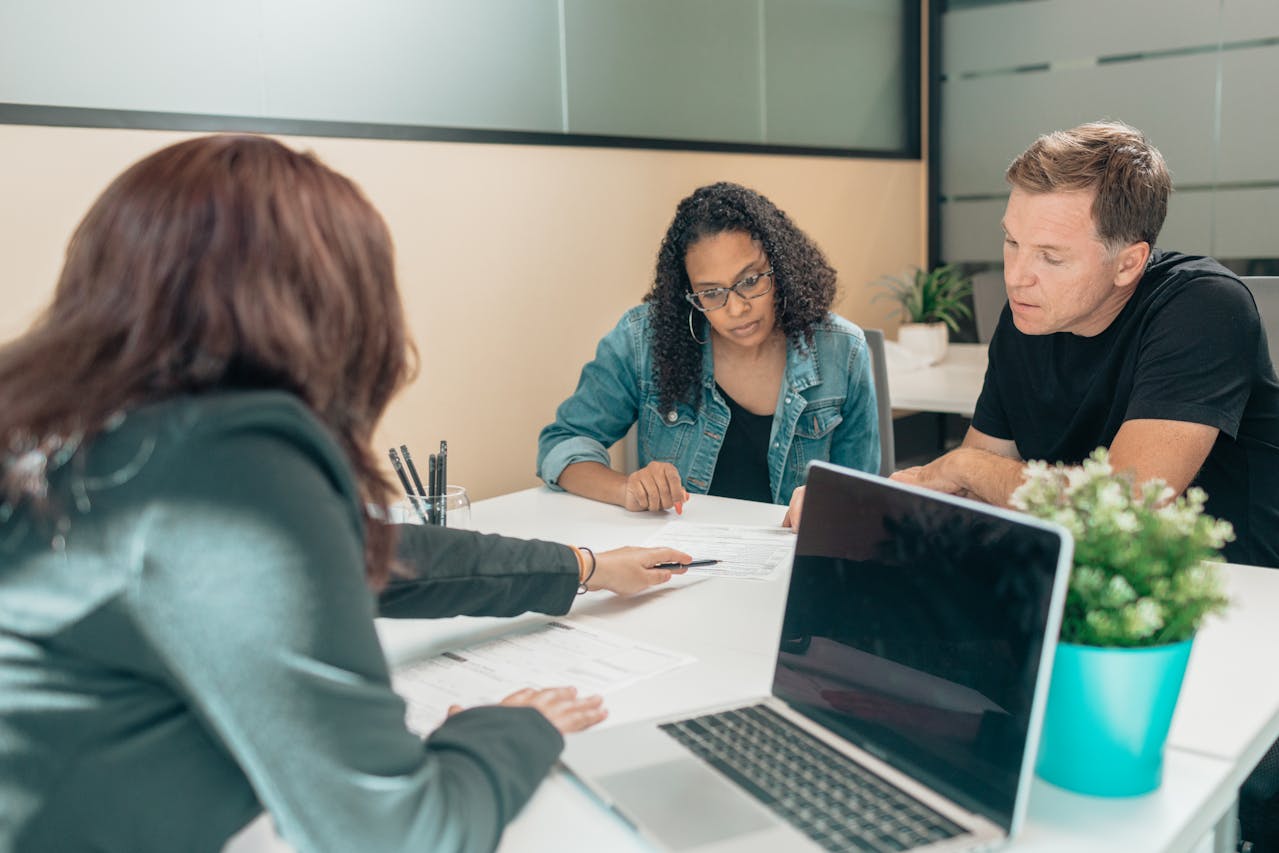What to Do If You’re Arrested in Miami: A Step-by-Step Legal Guide
Getting arrested can be one of the most frightening experiences of your life—especially if it’s your first brush with the criminal justice system. Whether it happens during a traffic stop, at home, or unexpectedly in public, the experience is often fast, confusing, and overwhelming. If you or a loved one is taken into custody in Miami, understanding the process and your rights is key to protecting your freedom and future.
Stay Calm and Know Your Rights
As difficult as it may be, staying calm and composed is essential. Anything you say or do during an arrest can potentially be used against you later in court. That’s why it’s important to remember two of your most powerful rights:
-
You have the right to remain silent. You are not required to answer questions about where you’ve been, what you were doing, or who you were with.
-
You have the right to an attorney. You should request a lawyer immediately and avoid speaking until your attorney is present.
Politely but firmly state, “I’m invoking my right to remain silent. I want a lawyer.” Then stop talking. Do not try to explain or talk your way out of the situation—it can make things worse.
What Happens After an Arrest: Step-by-Step
Knowing what comes next can help you and your family prepare:
You’ll Be Booked
Once in custody, you’ll be taken to a police station or county jail. Booking involves:
-
Fingerprinting
-
Photographing (mugshot)
-
A search for outstanding warrants
-
Documentation of your personal information and alleged offense
This process can take several hours. You may be placed in a holding cell until your first court appearance.
Bond Hearing or First Appearance
Florida law requires that you appear before a judge within 24 hours of your arrest. At this hearing:
-
The judge will inform you of the charges
-
Bond may be set or denied, depending on the severity of the offense and your record
-
You may be appointed a public defender if you haven’t hired a private attorney yet
An experienced private attorney can often advocate for lower bond amounts or pretrial release.
Formal Charges Are Filed
The State Attorney’s Office will review your case and decide whether to pursue formal charges. They may:
-
Proceed with the original charge
-
Reduce it to a lesser offense
-
Choose not to file charges if evidence is weak
This stage is critical—early intervention by your attorney can make a major difference in how your case proceeds.
Hire a Criminal Defense Attorney
Don’t wait. A local Miami criminal defense lawyer can begin working immediately to:
-
Investigate the facts
-
Preserve evidence
-
Communicate with the prosecution
-
Explore options to reduce or dismiss charges
Hiring early gives your attorney more time to build a strong defense.
Pretrial and Discovery Phase
During this period:
-
The prosecution provides all evidence against you (known as “discovery”)
-
Your attorney may file motions to suppress evidence or dismiss charges
-
Plea negotiations may take place
Depending on the circumstances, your case could be resolved during this phase without ever going to trial.
Trial or Other Resolution
If no plea agreement is reached and the case moves forward:
-
A trial date is set
-
A jury (or judge in some cases) will hear evidence and render a verdict
-
If found not guilty, you’re free to go; if convicted, sentencing will follow
Not all cases go to trial. Many are resolved with:
-
Dismissals
-
Diversion programs
-
Deferred adjudication
-
Plea bargains that reduce penalties
Why Hiring a Miami Criminal Defense Lawyer Early Matters
Local experience can be the difference between jail time and walking free. A skilled criminal lawyer familiar with Miami-Dade’s courts, judges, and prosecutors can:
-
Negotiate for reduced or dropped charges before the case gains momentum
-
Identify weaknesses in the state’s case and challenge illegal evidence
-
Ensure your rights are protected at every stage of the process
-
Guide you through every hearing and decision with clear, honest advice
Criminal charges, no matter how minor, can carry lasting consequences—financial, personal, and professional. Don’t face them alone.
Criminal Arrest FAQs
What should I say to the police after being arrested?
Nothing. Politely state that you want a lawyer and then remain silent. Anything you say can be used against you.
Can I get out of jail right away?
You may be eligible for release on bond or pretrial release, depending on the charge and your record.
Do I need a lawyer for a misdemeanor?
Yes. Even misdemeanors can result in jail time, a criminal record, and lasting damage to your reputation.
What happens at a first appearance hearing?
A judge will inform you of the charges, review your rights, and set bond or conditions of release.
Will I lose my job after an arrest?
It depends on your job, the nature of the charge, and whether you’re convicted. An attorney can help you navigate this issue.
Can a case be dropped before trial?
Yes. Strong defense strategies, lack of evidence, or negotiation with the prosecutor may lead to dismissal.
Do I have to show up to every court date?
Usually, yes. But in some cases, your attorney can appear on your behalf—especially for misdemeanors.



